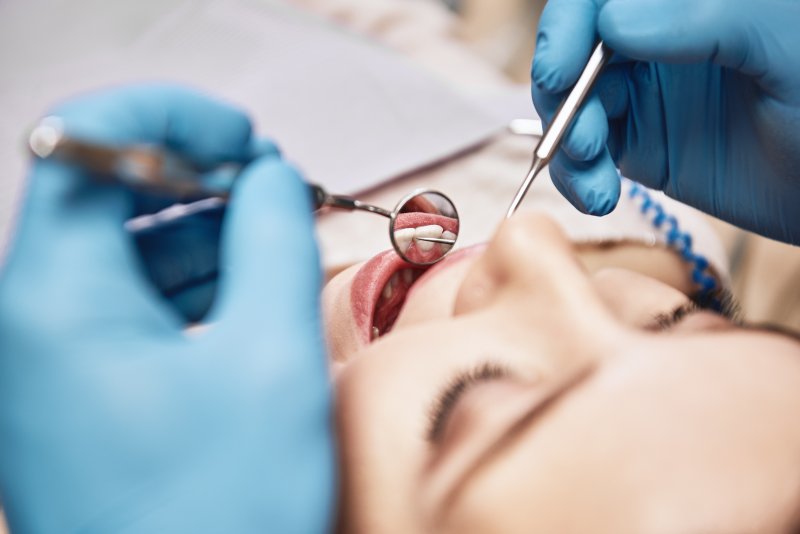Preventive dentistry is the foundation of lifelong oral health. It focuses on maintaining healthy teeth and gums through proactive care, rather than waiting for problems to occur. By adopting preventive dental habits, you can avoid cavities, gum disease, enamel erosion, and costly dental treatments down the line.
Understanding Preventive Dentistry
H3: Definition
Preventive dentistry refers to all dental care practices that help in avoiding dental diseases, maintaining oral hygiene, and ensuring early diagnosis of issues before they become serious.
It includes:
- Daily oral hygiene habits
- Routine dental checkups
- Professional cleanings
- Dietary guidance
- Fluoride treatments and sealants
Why Is Preventive Dentistry Important?
- Reduces the risk of tooth decay and gum disease
- Minimizes the need for invasive dental procedures
- Helps in early detection of serious problems like oral cancer
- Saves money by preventing complex treatments
- Supports overall health, especially in patients with diabetes or heart conditions
Fact: Oral health is directly linked to overall health — poor dental hygiene can lead to infections, inflammation, and systemic issues.
Key Components of Preventive Dentistry
H3: 1. Daily Oral Hygiene
- Brush twice a day with fluoride toothpaste
- Floss once a day to remove food and plaque between teeth
- Use antibacterial mouthwash to reduce bacteria and freshen breath
H3: 2. Routine Dental Visits
- Visit your dentist every 6 months for exams and cleanings
- Professional tools remove tartar that brushing can’t
H3: 3. Dental Cleanings and Polishing
- Removes hardened plaque (tartar)
- Helps prevent gingivitis and periodontitis
H3: 4. Fluoride Treatments
- Strengthens enamel and reverses early stages of decay
- Often applied in-office or recommended via fluoride-rich toothpaste and water
H3: 5. Dental Sealants
- Thin coating applied to chewing surfaces of molars
- Blocks food and bacteria from settling in grooves
- Ideal for children and teens
H3: 6. Nutritional Counseling
- Eating a balanced diet rich in calcium, phosphorus, and vitamin D supports strong teeth and bones
- Limiting sugary and acidic foods protects enamel
Benefits of Preventive Dentistry
| Benefit | Explanation |
|---|---|
| Prevents cavities | Keeps teeth strong and bacteria-free |
| Stops gum disease | Maintains healthy gums through cleanings and early intervention |
| Saves money | Reduces the need for costly procedures like fillings, crowns, or root canals |
| Enhances smile | Prevents staining and bad breath |
| Improves general health | Lowers risks of heart disease, diabetes complications, and infections |
Best Practices for Preventive Dental Care
H3: At Home
- Brush with fluoride toothpaste for 2 minutes
- Replace your toothbrush every 3 months
- Floss before bedtime
- Limit sugary snacks and acidic drinks
- Drink water frequently throughout the day
H3: At the Dentist
- Don’t skip your 6-month checkups
- Request fluoride treatment if you’re prone to decay
- Ask about sealants for your children
- Report any signs like bleeding gums, bad breath, or sensitivity early
Preventive Dentistry for Children
Starting preventive care early helps ensure lifelong oral health. For children:
- Begin brushing as soon as the first tooth appears
- Use a pea-sized amount of fluoride toothpaste by age 3
- Schedule the first dental visit by age 1
- Discuss sealants and fluoride varnishes with your pediatric dentist
Preventive Dentistry and Special Populations
Some groups need extra care:
| Group | Extra Preventive Measures |
|---|---|
| Pregnant women | Hormonal changes increase risk of gum disease — frequent cleanings help |
| Diabetics | More prone to gum infections — regular checkups are critical |
| Seniors | Dry mouth and medication side effects need closer monitoring |
| Smokers | Higher risk of oral cancers and gum problems — quit and seek screening |
Conclusion
Preventive dentistry is not just a one-time effort — it’s a lifetime commitment to better oral and overall health. With regular dental visits, proper home care, and smart dietary choices, you can avoid most dental issues before they even begin. Remember, a few minutes of care each day can save you from years of pain and expensive treatments. Protect your smile today — it will thank you tomorrow!
Frequently Asked Questions (FAQs)
1. How often should I visit the dentist for preventive care?
Most dentists recommend a visit every 6 months for exams and cleanings, but high-risk individuals may need more frequent checkups.
2. At what age should preventive dentistry begin?
Preventive dental care should start as soon as the first baby tooth appears, usually around 6 months of age.
3. Can brushing alone prevent dental issues?
No. Brushing is important, but it should be combined with flossing, diet control, and regular dental visits for complete protection.
4. Are dental sealants only for kids?
While they are most common in children, adults with deep grooves in their molars can also benefit from sealants.
5. Does insurance cover preventive dental care?
Many dental insurance plans fully cover preventive services, including checkups, cleanings, and fluoride treatments.
6. Is mouthwash necessary if I brush and floss?
Mouthwash isn’t essential but is a helpful addition for killing bacteria and freshening breath, especially for people prone to gum issues.
7. Can diet really impact my dental health?
Yes, a poor diet high in sugar and acid weakens enamel, while a nutrient-rich diet helps strengthen teeth and gums.
8. What are signs that I need to improve my preventive care?
Signs include bleeding gums, bad breath, tooth sensitivity, or frequent cavities — all of which can indicate poor oral hygiene.









